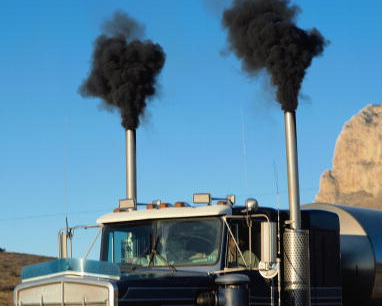Emission of soot from a large diesel truck, without particle filters.
Click on image for full size
Courtesy of U.S. Environmental Protection Agency
Black Carbon
Have you ever had a fire in your fireplace? Burning logs leaves a black powdery material behind called soot. Soot is also made when we burn coal, gas or oil for energy. Humans have been burning these fossil fuels for energy for over 300 years. Scientists call soot black carbon.
Black carbon is very dark black or brown. When it is released into the air, it warms the air. When it settles on the ground, it warms the ground. If soot settles on snow or ice, it warms the snow or ice and causes them to melt. Even though soot can be made of very small bits, it can have a big warming impact on Earth!
Scientists say that black carbon is the second largest cause of global warming, after carbon dioxide. If we can lessen black carbon output, we can lessen global warming. The technology needed to do this already exists. New laws will help encourage companies to use these new technologies. We also need to get cleaner burning cookstoves to people in developing nations. Reducing black carbon around the world will also cut down on air pollution, which improves human health.
You might also be interested in:
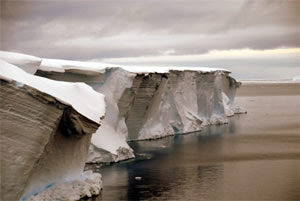
Frozen water is found in many different places on Earth. Snow blankets the ground at mid and high latitudes during winter. Sea ice and icebergs float in the chilly waters of polar oceans. Ice shelves are
...more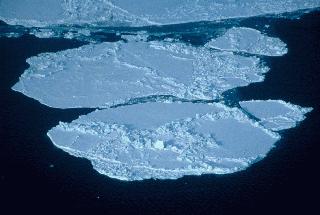
All winter long in the chilly Arctic, sea ice grows larger as the ocean water freezes. A blanket of fresh white snow covers it. The white snow reflects the sunshine that hits it. As summer begins, the
...more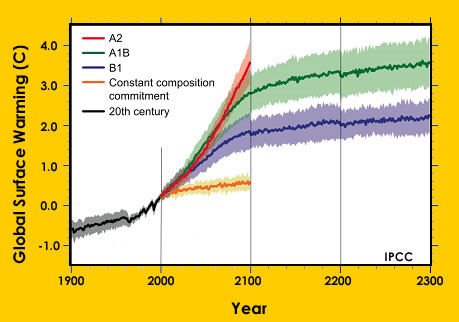
Earth’s climate is getting warmer. During the past 100 years Earth’s average temperature rose about 0.6° Celsius (1.0° F). Things that people are doing like burning fossil fuels, changing the way land
...more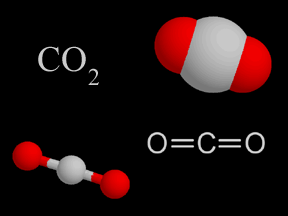
Carbon dioxide (CO2) is a kind of gas. There isn't that much carbon dioxide in Earth's atmosphere, but it is still very important. Carbon dioxide is a greenhouse gas. That means it helps trap heat coming
...more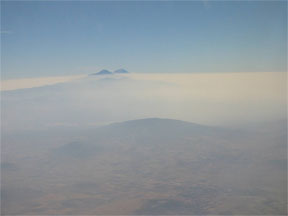
Have you ever heard of air pollution? Air pollution is not new. 700 years ago, when people started burning large amounts of coal 700 years ago in London, England, they complained about the dust and soot
...more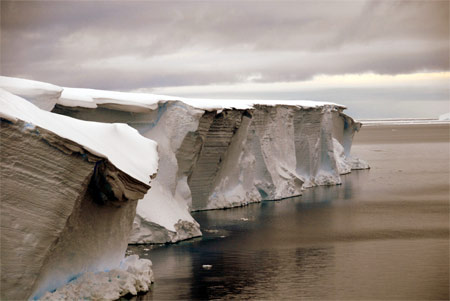
Looking for online content that can be used for a climate change education course or module? Pages linked below can be used to support an introductory climate change education for either a unit or a full
...more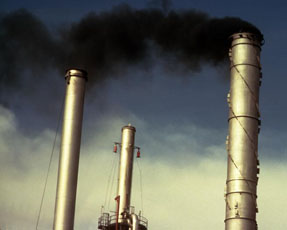
Leaders from the countries of the world are heading to Copenhagen, Denmark in December 2009 to decide how the world will deal with climate change. They will make decisions about how to send less greenhouse
...more


